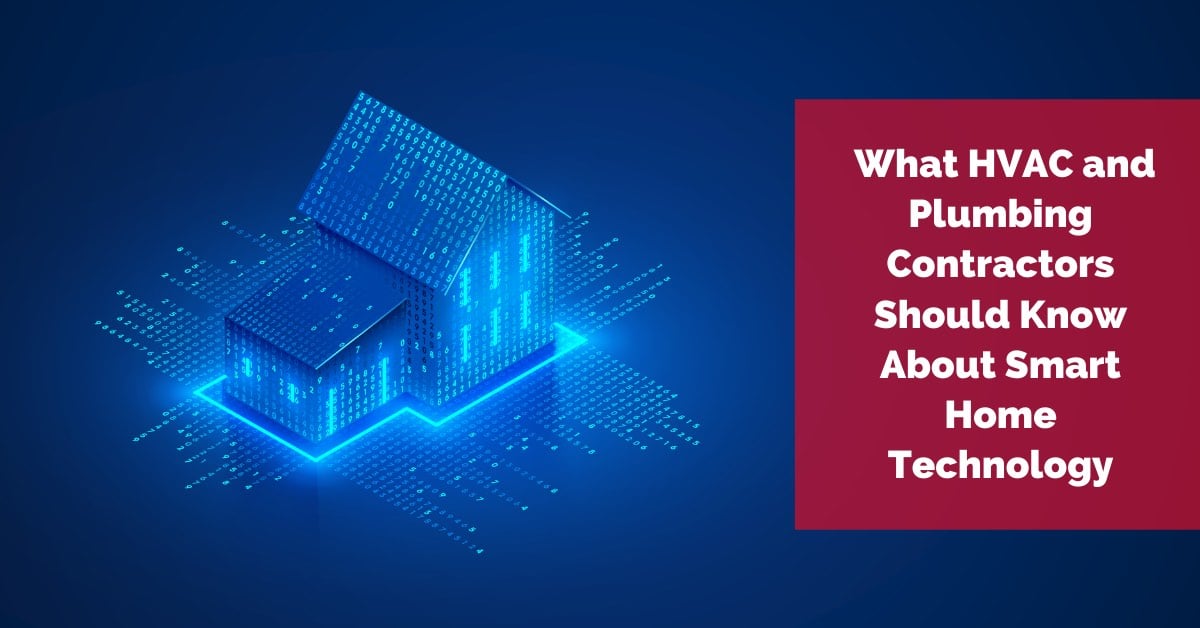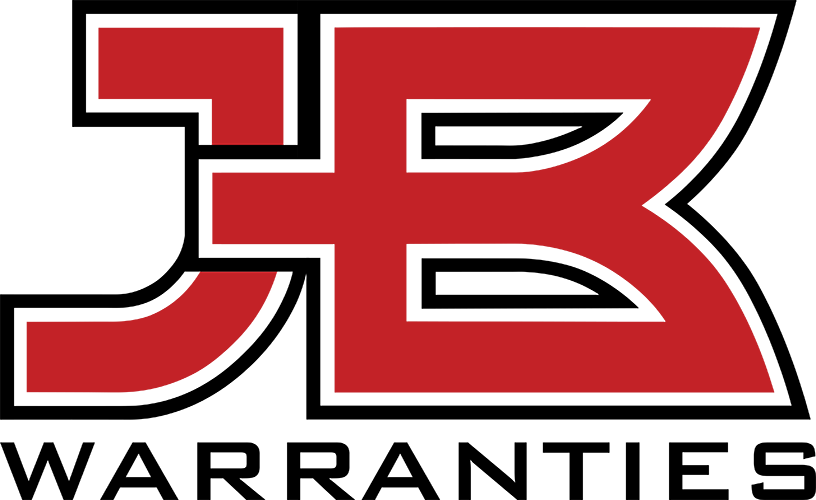
You probably didn't get into HVAC or plumbing because you are excited about IP addresses and wireless routers. But thanks to the Internet of Things (IoT) and smart home technology, you may need to familiarize yourself with these topics and more.
Let's take a look at a few issues surrounding smart home trends and what contractors like you need to know.
A Little Basic Networking Knowledge Goes a Long Way
Installing a smart water sensor or smart thermostat is great, but the device is useless if it's not able to access the internet. Your technicians need to be able to connect the smart devices to the customer's wireless network. But that's not all.
A recent ACHR News article recommends that you and your team also learn more about the following issues if you plan to sell and install internet-connected devices:
- How IP networks operate
- Testing network speeds (upload and download speeds)
- Setting up and troubleshooting WiFi and internet connections
- How to set up and use mobile apps to control smart technology (if applicable)
Don't worry. You don't need to hire an IT professional to go into the field with your techs. Some of your employees may already know about these issues simply because they have experience with setting up connected appliances in their own homes. Plus, most internet-enabled devices have streamlined the process for connecting to the internet, making installation much more straightforward. For everyone else, there are training options available.
Understanding Cyber Security Is Important
When you decide to sell equipment that's connected to the internet, you're putting devices into your customers' homes that can be compromised by bad actors.
Hackers are finding all kinds of clever ways to take advantage of security flaws and lack of precautions these days. In September 2019, a family experienced this firsthand when a hacker kept turning up their Google Nest thermostat to 90 degrees, all while playing vulgar music through the family's Nest security camera.
Yikes.
Maybe you're wondering where your responsibility begins and ends when it comes to cybersecurity and the devices you install. I don't know. I'm not a lawyer. However, I am a reader, so I'll share with you what ACHR News reported on this matter.
- Work with a lawyer to draft and installation and service agreement to outline the products and services and limit your liability if a security breach were to occur.
- Educate homeowners on the importance of protecting their WiFi and internet connections. Provide information on how to set up strong passwords, change default names on routers, and what happens when people don't take the necessary precautions.
- If you notice vulnerabilities in a customer's setup, let the homeowner know before an attack can compromise the operation of the smart device you installed.
- Outsource monitoring to a third party.
- Talk to your insurance carrier to understand what type of coverage you need.
- Get everyone who has access to a customer's home and personal information Department of Criminal Justice system security clearance certified.
- Avoid using language that could get you in hot water later. Don't say anything about how you will prevent attacks or offer prevention. Be careful about what you claim to provide as part of the service.
I know a lot of that information is a tad scary, but don't let it keep you from exploring opportunities for smart technology product installations. More people are looking at IoT systems to make their lives easier. Chances are you will need to be ready to deal with these issues sooner or later.
Keep Up-to-Date on Smart Speaker Technology
As you're talking with customers about the type of internet-enabled systems they want in their homes, keep an eye on what's going on with smart speaker trends. According to Statista, around 35 percent of US homes had at least one voice-controlled speaker in 2019. By 2025, experts anticipate the penetration rate to increase to 75 percent.
People want to tell their equipment what to do. If I could have, I would have asked Alexa to write this blog post!
As of 2019, Amazon Echo (Alexa) and Google Home/Google Assistant are the two most popular brands in the smart speaker market. You'll want to be sure that any smart plumbing or HVAC systems you recommend work with one or both of those products. However, you should also keep your eye on the Apple HomePod and other entrants into the smart speaker space.
What Are Your Thoughts on Smart Home Technology?
Are you ready for the connected world and all the opportunities and challenges that come with it? Did you ever imagine we'd be talking about connecting the internet to someone's bathroom? We'd love to hear what you think. Share your thoughts in the comments section below or start up a conversation with us on social. We'd love to hear from you.
Want to Make Your Service Offering Even Smarter?
Learn more about the benefits of offering extended warranties to your plumbing and customers, then register for JB Warranties'  .
.
Taylor Bohannan
Director of Technology at JB Warranties






